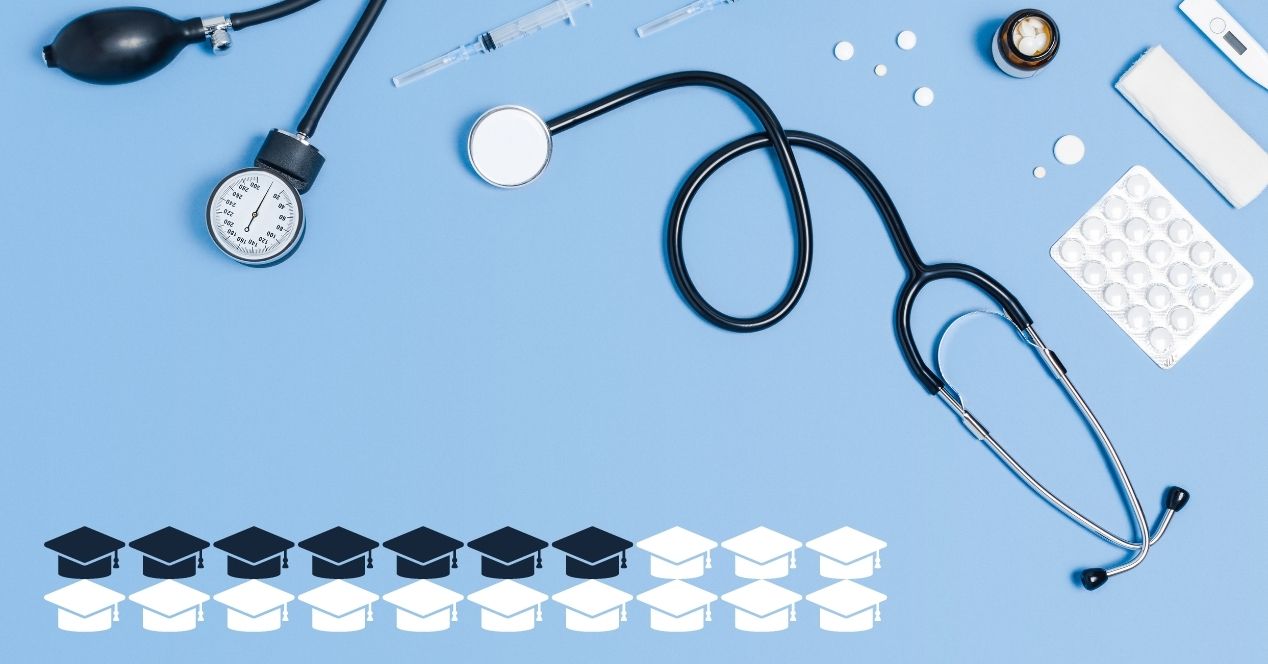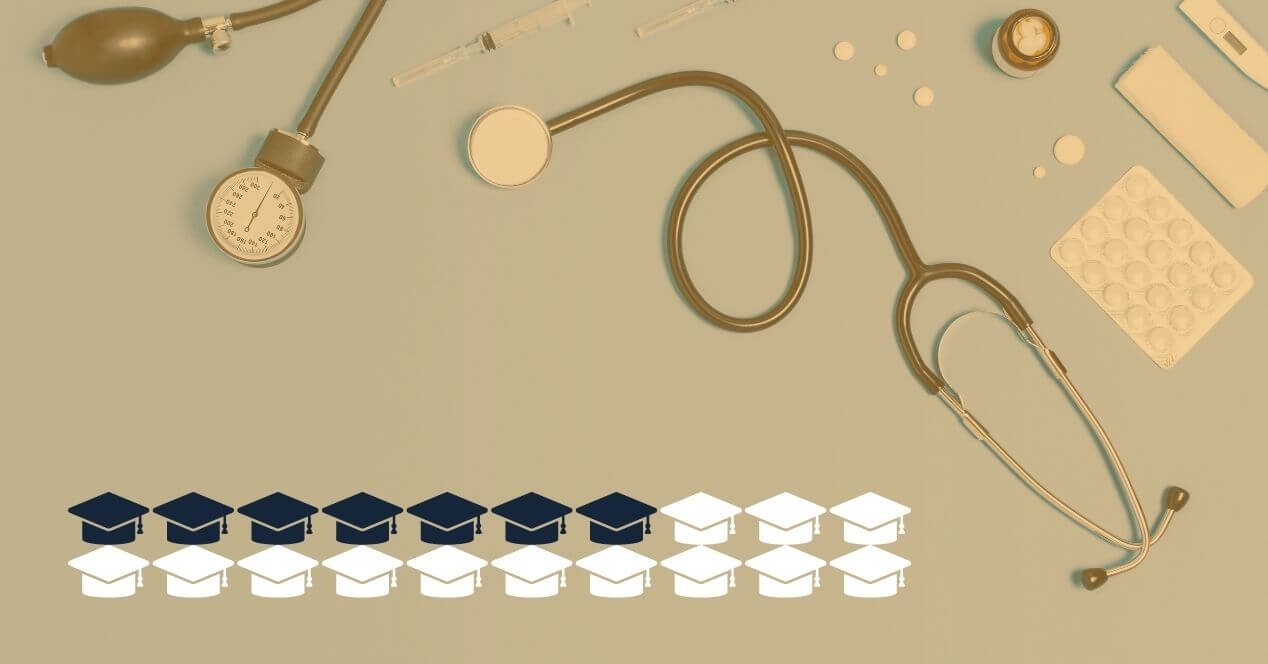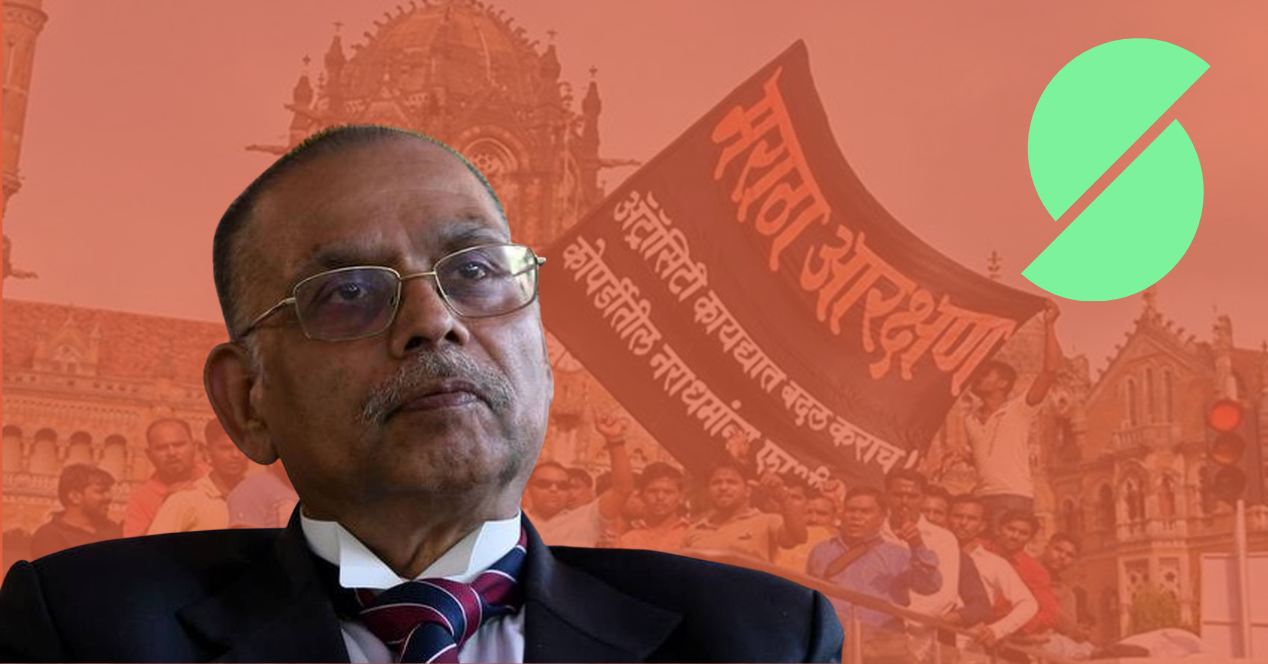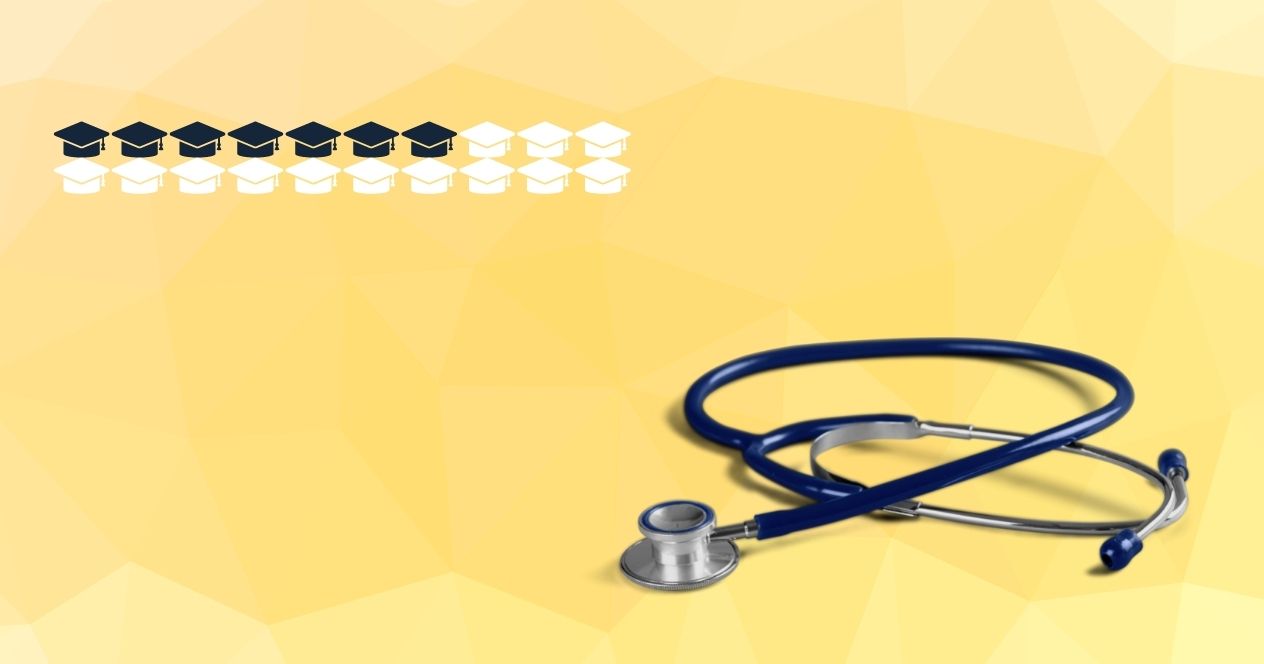Channel
SCO Explains: Reservations in PG NEET Courses (1/2)
In this episode, we explain why the Union had halted PG NEET Exams, the challenge to the OBC and EWS Reservations in PG NEET before the SC.
Hello listeners! Welcome to SCO Explains where we bring the work of the Supreme Court to you. Today, we talk about OBC and EWS reservations in postgraduate medical admissions.
Against the backdrop of widespread protests by doctors, the Supreme court on January 7th allowed the Union government to commence counselling for postgraduate medical admissions. With the Court’s decision arriving right at the cusp of the third wave of the pandemic, many heaved a sigh of relief. Last week, the Supreme Court explained its Order in this case.
But why were the doctors across the nation protesting? And why had the Union government halted counselling in the first place? The answer is complex. Today we try to uncover the answers behind these important questions.
Perhaps the best way to start the story is to go back to 2019. When the parliament passed the a Hundred and Third Amendment to the Constitution, this controversial Amendment introduced reservations for Economically Weaker Sections of society in educational institutions and publications. The State was allowed to provide reservations of up to 10% for economically weaker sections, in addition to existing reservations for SC/STs and OBCs.
Now, several petitions challenging reservations for Economically Weaker Sections or EWS have been filed before the court. One of the cases that place the issue of EWS reservations front and center was a challenge to the reservations for EWS and OBC students within the All India Quota for postgraduate medical admissions.
Understanding this case will help us answer the question of why doctors were protesting last year and provide us with an idea of why the Court’s Order in this case is so important.
In 2021, the National Testing Agency, responsible for conducting the NEET exam for postgraduate medical admissions issued a notification providing for 27% reservations for OBC students, and 10% reservations for EWS students. To determine if a candidate was eligible for reservations under the EWS category, the Union set an income limit of eight lakhs. The notification said that these reservations would be within the All India Quota. The Supreme Court in the 1980s, created the All India Quota for medical students to provide merit based opportunities. This meant that under the AIQ domicile based reservations were not allowed. Four Writ Petitions were filed by doctors and students challenging the reservation scheme laid out in this notification.
First, they argued that the 2021 notification was a form of reverse discrimination, violating their fundamental rights. Second, they argued that the added reservations within the All India Quota crossed the 50% limit on reservations laid down in Indra Sawhney. Lastly, they argue that the eight lakh income criteria was arbitrary.
The challenge remained pending at the Court and the Union government refused to conduct admissions to PG medical students without these reservations. So counseling for these seats were halted for eight months. This meant that the medical system was short of nearly 60,000 doctors.
Doctors across the country, already overworked and tired during the pandemic, protested. They claimed that this shortfall in the face of a looming third wave made the situation particularly dire.
They asked the Union government to continue with counseling for the 2021 batch, so that PG doctors may be admitted to hospitals across the country to alleviate the burden of the existing doctors in the system.
It was in this context that the Supreme court issued a short order on 7th January asking the union government to commence counseling for PG NEET students. The Court retained the reservations for OBCs. It temporarily upheld reservations for EWS students retaining the eight lakh income only for the upcoming academic session.
This order addressed the immediate needs of the country’s medical infrastructure in the wake of the third wave. On the 19th of this month, however, the Supreme court delivered another Order explaining why it had allowed the union government to use the eight Lakh income criteria, as well as a judgment explaining the decision to allow OBC reservations .
In the next episode of our podcast, we will take you through the order and the judgment teasing out the main arguments in this case, and the courts responses to these arguments.
Thank you for listening to this episode of SCO Explains. For more updates on the Supreme court follow scobserver.in.




